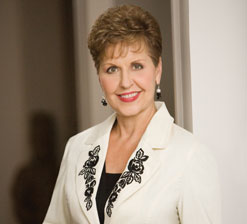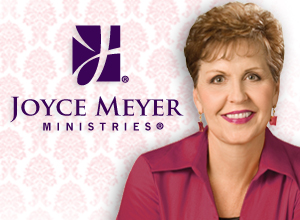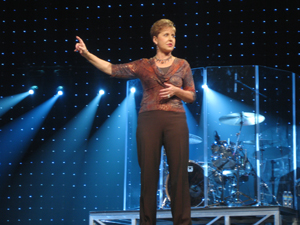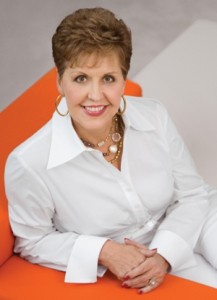
David: it’s worth every bit of it. When you see… I was thinking about in India, there’s a girl named Furene. Literally, six months ago she lived in one of the worst slums in India. Her mother was a prostitute. Every day she got up… No education — hopefully she could eat — and watched her mother do that to make a living. Now today we’ve helped build a village with you, our friends and partners, outside of Mumbai, to where she and her mother are out there living a normal life, being educated, being fed good food. The stories just go on and on. I think about the triplets in Ethiopia, which I think we’ve told that story before. Shelly and I were on our first time in Ethiopia, and literally the babies were just hours old and they gave us their babies.
Joyce Meyer: tried to, anyway.
David: tried to. And said, “Please take care of them.” they were just hours old. One of them didn’t make it, but two have. Two are just thriving. But that prompted us to open a health clinic and a full-fledged feeding program. That’s why those other two have made it. Not only that, hundreds and hundreds and hundreds of more that would have died haven’t.
Joyce Meyer: just so people really have good understanding, our overall purpose in doing all of this is to introduce people to Jesus Christ but the thing that we have found out is that sometimes people are hurting too badly to hear a message about love. It’s easy to say, “God loves you,” but that’s not very expensive. It doesn’t take much effort, doesn’t cost any money, and doesn’t take much time. We’re very good about saying something, but we need to start backing up what we say with action where action is needed. We’ve just discovered that if somebody is starving, you need to feed him before you try to tell him anything. And if they have such pain in their body that they hardly even know what their own name is, you need to maybe give them some medical help before you try to preach to them. So we literally are having thousands and thousands of people accept Christ through these medical outreaches and feeding outreaches because we’re meeting a practical need for them first. Now, it’s also important to say this: i know that for people watching today it’s so easy to get totally disconnected from this and think, “I’m just a stay-at-home mom or a mechanic or a gardener or whatever; that’s just so far removed from anything that i can ever think about.” but the point is it’s all around us. There are people in need all around us. Every day, everywhere we go I’m beginning to feel like we just need to be spies for god and we need to go out just more or less saying, “god, here i am. Use me however you want to use me.” you don’t have to go to India to find somebody in need.
Joyce Meyer: They’re in every city under the bridges, they’re in homeless shelters, they’re in nursing homes, they’re tucked away in poverty-stricken neighborhoods, widows trying to live on a little bit of social security and maybe at the end of the month having to eat cat food or dog food because they don’t have enough money. And it really doesn’t take a lot of creativity to get involved someway in some kind of a way to help hurting people. I just think that if we don’t do that, then we are not putting a smile on god’s face. Do you have any kind of a closing comment?








